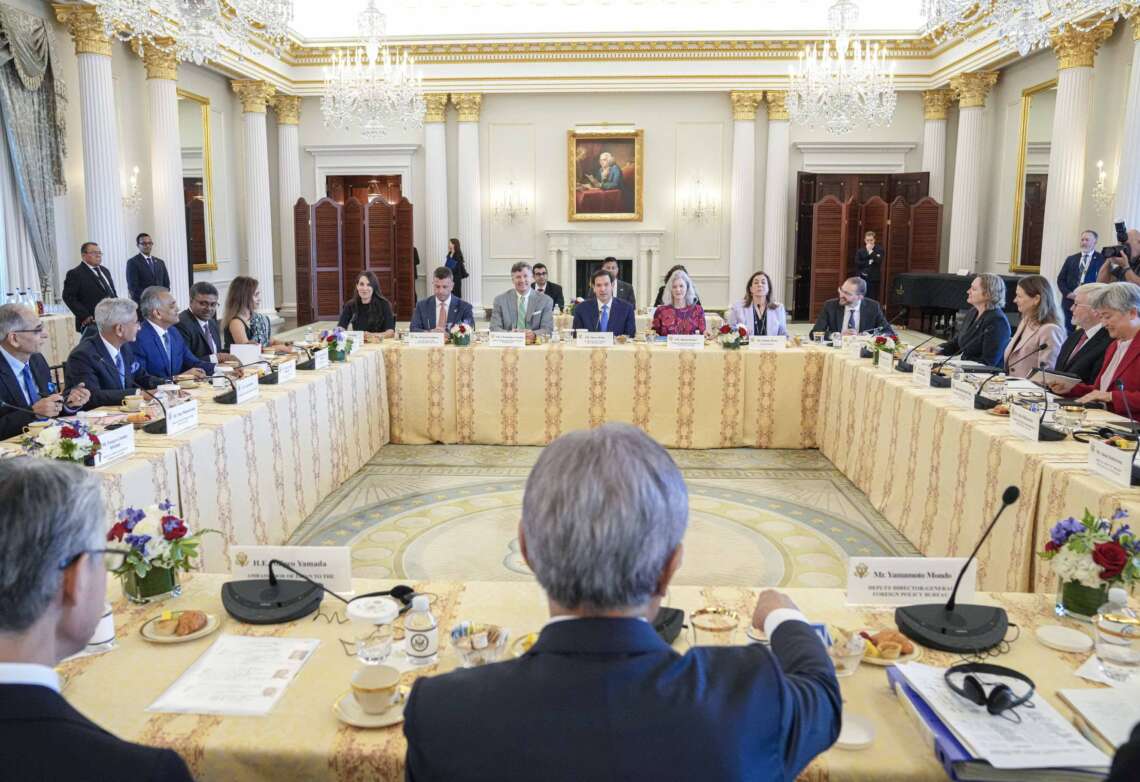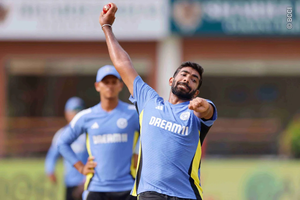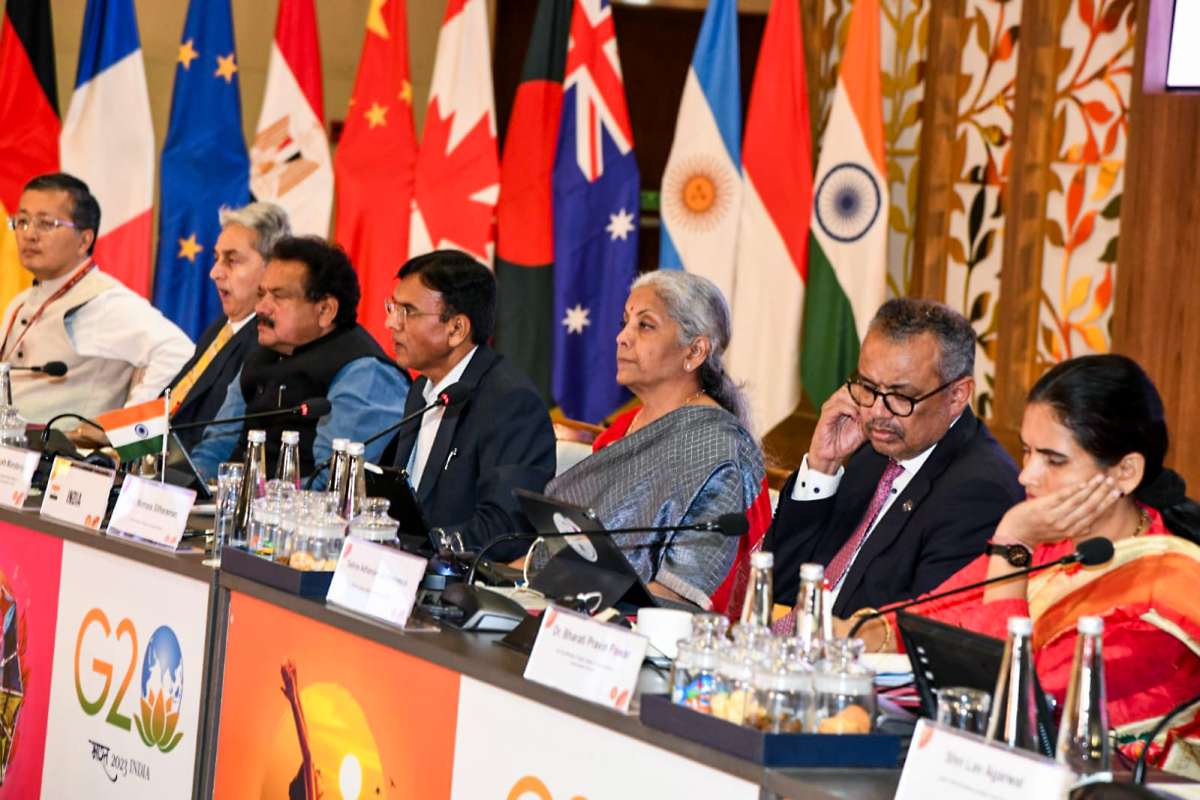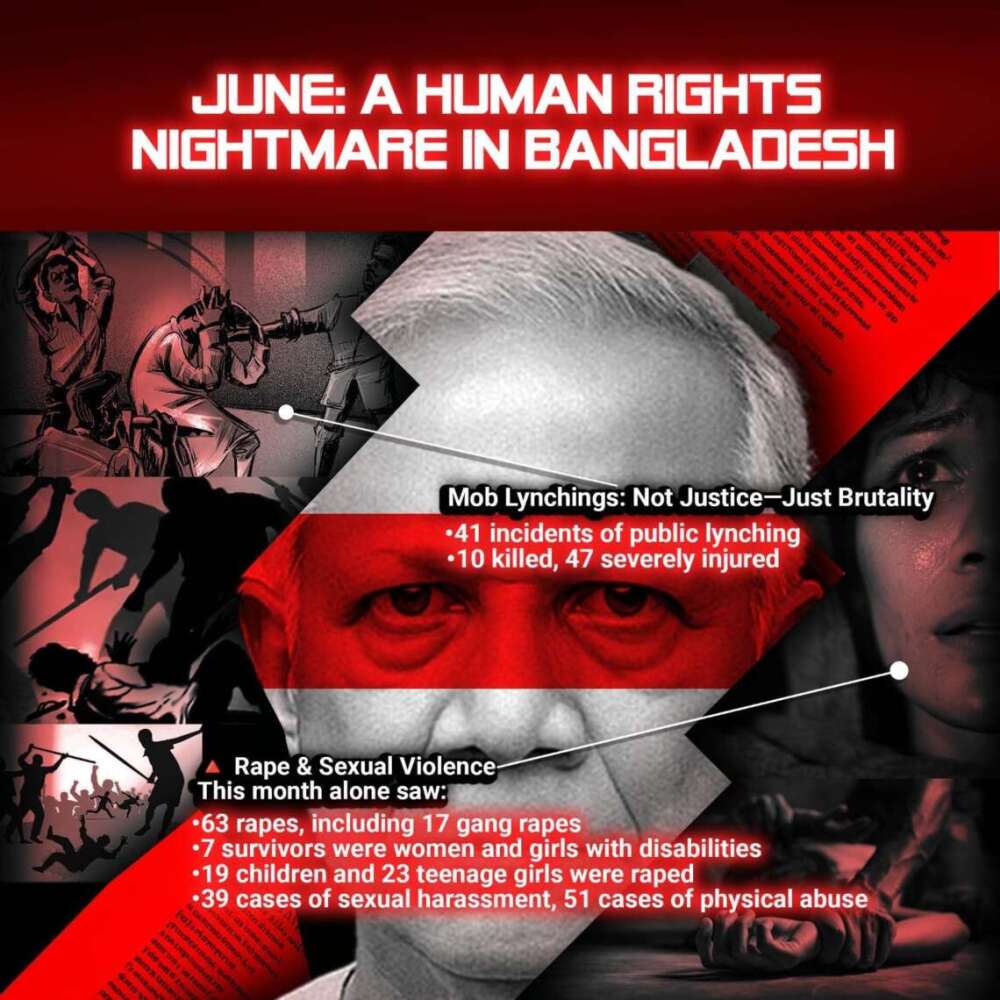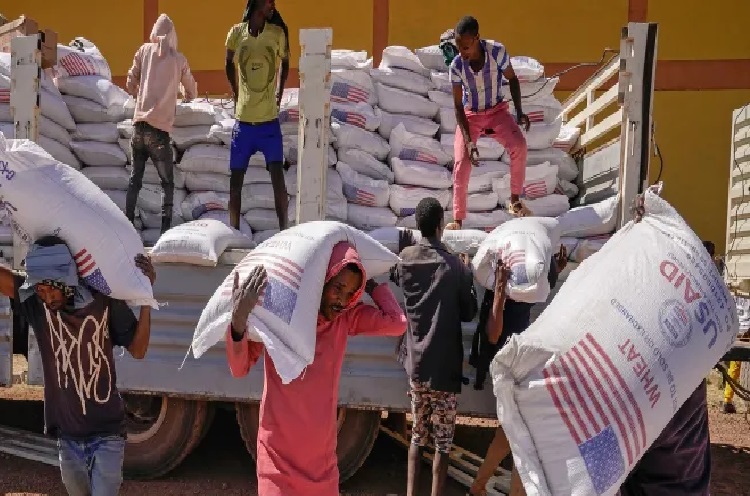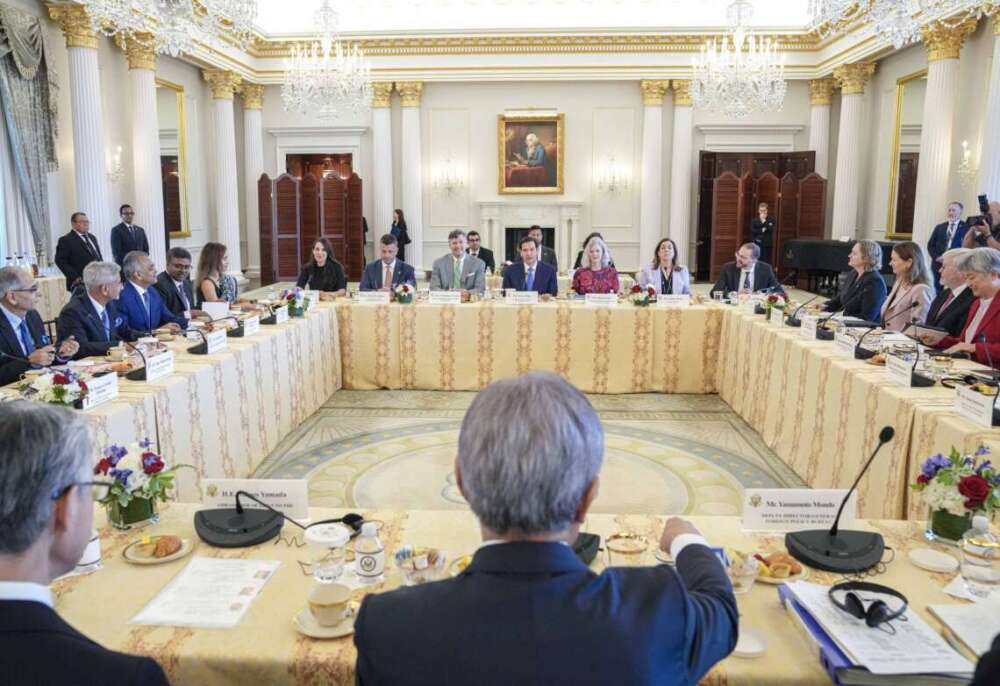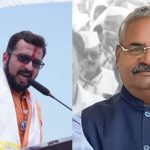Union Minister for Health and Family Welfare Mansukh Mandaviya highlighted that it is vital to share expertise, resources and strategies to address global health challenges effectively…reports Asian Lite News
In line with Prime Minister Narendra Modi’s vision of an inclusive, ambitious, and action oriented G20 Presidency, the G20 Health Minister’s Meeting concluded on Saturday in Gujarat’s Gandhinagar with the adoption of an Outcome Document, as well as the launch of the Global Initiative of Digital Health.
Speaking on the occasion, Union Minister for Health and Family Welfare Mansukh Mandaviya highlighted that it is vital to share expertise, resources and strategies to address global health challenges effectively.
Mandaviya said, “Let us continue working together, fostering collaborations, and leveraging the potential of digital health, research, and innovation to ensure equitable access to quality healthcare for all. We must continue to ensure multilateral cooperation and, nurture partnerships in the field of health. It is vital to share expertise, resources, and strategies, to address global health challenges effectively.”
The second day of the Health Minister’s Meeting saw sessions on India’s two G20 Health Priorities- Strengthening Cooperation in Pharmaceutical Sector with focus on Availability & Access to Safe, Effective, Quality and Affordable Medical Countermeasures- Vaccine, Therapeutics & Diagnostics, and Digital Health Innovation & Solutions to aid Universal Health Coverage & Improve Healthcare Service Delivery.

The last day of the G20 Health Minister’s Meeting also saw the 1st Joint Finance and Health Ministerial under the Indian Presidency.
He was joined by Dr Tedros Adhanom Ghebreyesus, Director General, World Health Organization (WHO), Union Ministers of State for Health and Family Welfare Bharati Pravin Pawar, and SP Singh Baghel.
Mandaviya while speaking about medical countermeasures said, “We as G20 countries need to work towards strengthening global collaboration to ensure accessibility and availability of equitable medical countermeasures particularly focusing on LMICs and LICs.”
Underlining the importance of global collaboration and partnerships, the Union Health Minister stated, “As G20 members it is our collective responsibility to create a “minimum viable product” by leveraging the lowest common denominator.”
He further added “India’s G20 presidency prioritised this agenda in alignment with other forums including G7, WHO, and Johannesburg processes to create a Global medical countermeasure coordination mechanism adopting a “Network of Networks” approach.”
Mandaviya reiterated, “The Covid-19 pandemic has highlighted that the world needs a coordinated strategy to manage any health emergency, and to facilitate accessibility and availability of equitable medical countermeasures, specifically to those in need in an equitable manner.”
He further stated “The effects of Climate Change is the biggest threat that humanity is currently facing and it is having an immense impact on health systems. I’m heartened to learn that the Asian Development Bank will be establishing the Climate and Health Initiative to work on mitigating this impact as well as building climate resilience within global health system architecture.”
Dr Ghebreyesus stated that vaccines, treatments and other products, play a central role in combating the Covid-19 pandemic.
He emphasized that it is imperative to bridge the existing gaps, hence there is a need for a mechanism that enables accessibility to life-saving tools and stated, “We are stronger when we work together.”
During the second session of the day, a World Bank Report titled Digital-in-Health: Unlocking the Value for Everyone, was launched. It presents a new way of thinking from simple digitization of health data to fully integrating digital technology in health systems. It focuses on infusing digital technologies in health financing, service delivery, diagnostics, medical education, pandemic preparedness, climate and health efforts, nutrition, and aging.
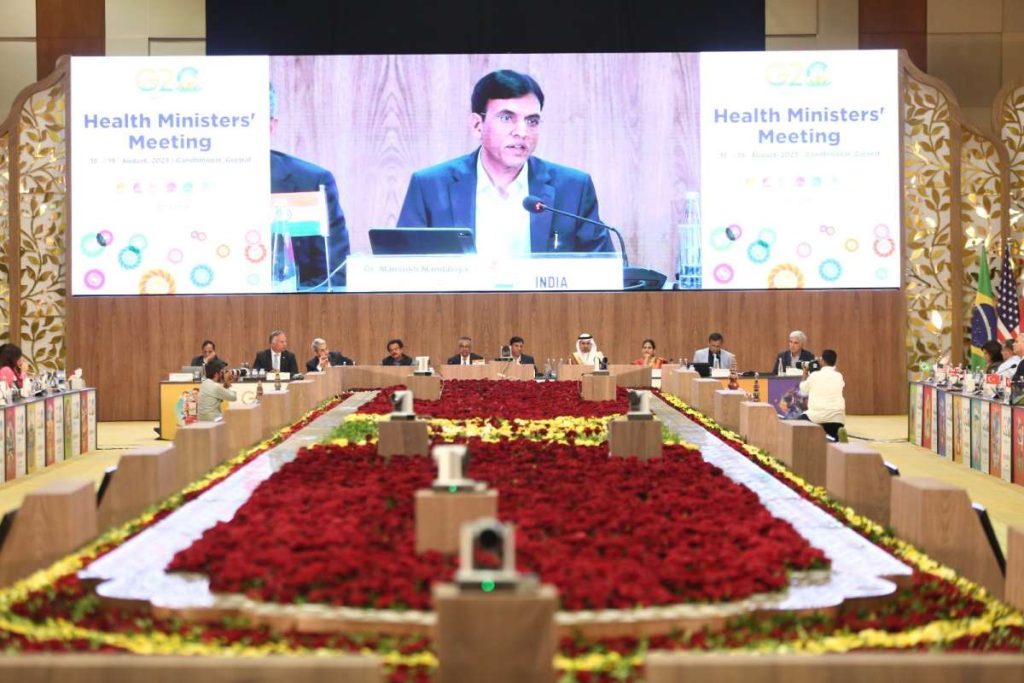
The first Joint Finance and Health Ministerial was chaired by Union Finance Minister Nirmala Sitharaman and Mansukh Mandaviya.
In the course of discussions in the Meeting, the Finance and Health Ministers expressed their commitment to continue strengthening the global health architecture for pandemic prevention, preparedness and response (PPR) through enhanced collaboration between Finance and Health Ministries under the Joint Finance and Health Task Force (JFHTF).
At the Task Force meeting, Mandaviya announced the First Call for proposals by the Pandemic Fund. He further said, “It’s worth noting that more than 75% of the projects, that will receive support from this initial Call are located within LICs/LMICs Countries.
He further acknowledged the need for Day Zero Financing as a crucial lesson for future health crises.
In this regard, he said, “There is a need to converge the ongoing efforts to build a mechanism, to address this issue in G20 and G7 along with WHO & World Bank. Sustaining this collaboration beyond the emergency phase and exploring various coordination arrangements will aid G20 countries and the wider international community in developing critical strategies and approaches, for finance and health institutional coordination.”
At the meeting Nirmala Sitharaman said “The Task Force under Indian Presidency has adopted a multi-year work plan for the first time and has also invited selected key regional organizations, thereby enhancing the voice of low-income countries.”
The Ministers welcomed the outputs delivered by the JFHTF during the course of the Indian Presidency which include – The Framework for Economic Vulnerabilities and Risks (FEVR) created through collaboration between World Health Organization, World Bank, IMF, and European Investment Bank, the Report on Mapping Pandemic Response Financing Options and Gaps developed by the WHO and the World Bank and the Report on Best Practices on Finance Health Institutional Arrangements during Covid-19.
VK Paul (Member) Health, NITI Aayog, Sudhansh Pant, Secretary, Ministry of Health and Family Welfare, Rajeev Bahl, Director General, Indian Council of Medical Research, Lav Aggarwal, Additional Secretary, Ministry of Health and Family Welfare, and other senior officials from the Ministry of Health and Family Welfare participated in the event.
Health Ministers and delegates of the G20 member countries and invitee countries, as well as representatives of various international organization also joined the meeting.
Earlier today, the G20 Health Minister’s Meeting witnessed the unanimous adoption of The Outcome Document, agreed to by all G20 delegations.
According to a government release, the Outcome Document reaffirmed the commitment of G20 countries to continue strengthening the Global Health Architecture.
Building on the lessons from the COVID-19 pandemic, G20 countries arrived at a consensus to build more resilient, equitable, sustainable and inclusive health systems equipped to address ongoing global health challenges and future public health emergencies with equitable access to safe, effective, quality-assured and affordable vaccines, therapeutics, diagnostics, and other medical countermeasures, especially in Low and Middle-income Countries (LMICs) and Small Island Developing States (SIDS).
The G20 countries further reaffirmed the importance of strengthening national health systems by putting people at the centre of preparedness and equipping them to respond effectively.
Mansukh Mandaviya in the meeting highlighted the significant strides taken by India in implementing innovative digital health solutions at the national level.
The Union Minster also said that India was a strong vocal advocate of the digital agenda in the global arena under the leadership of PM Modi.
Mandaviya released the World Bank’s Flagship Report on “Digital in Health – Unlocking Value for Everyone.”
Mandaviya also pressed further on the Universal Immunization programme and said, “We are working to create records and certificate. The platform and digital tools which are necessary are ready.”
Universal Immunization Programme (UIP) is a scheme under the Ministry of Health and Family Welfare that focuses on providing vaccinations to childrens to save them from life-threatening conditions. It is funded hundred per cent by the Central government.
Mandaviya talked about Ayushman Bharat Health Account (ABHA) ID which enables citizens of India easy access to their health records.
“People should have their digital health records with them. More than 40 crore people are covered under ABHA id. Whenever a patient visits any doctor, they should know the full history of the patient. It is very important,” Mandaviya said.
Mandaviya applauded the efforts and cooperation of G20 countries, invited countries, international organizations and other stakeholders for collectively recognizing the need of a common framework to integrate all initiatives by consolidating efforts and investments made in the digital health space and creating a comprehensive digital health ecosystem through the ‘Global Initiative on Digital Health – a WHO Managed Network.’
He also reminded dignitaries that India led the Digital Health resolution at 71st World Health Assembly in 2018 in Geneva which spurred global action on this vital agenda.
He further stated that India as a chair of Global Digital Health Partnership and Commonwealth Technical Working Group has highlighted the importance of the digital health for health systems strengthening as a critical enabler of national policies. (ANI)



